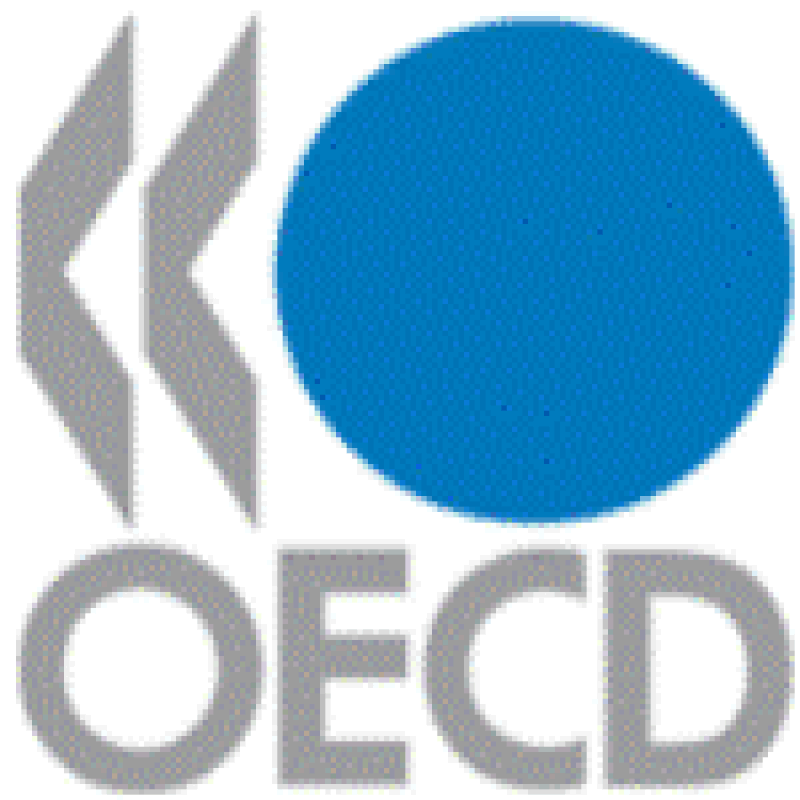
A common thread among many of the comments is that further clarification is needed on safe harbour rules, particularly as part of formulating sound cross-border policy.
“In the specific instance of transfer pricing,” the report says, “the administrative requirements of a safe harbour may vary from a total relief of targeted taxpayers from the obligation to conform with a country’s transfer pricing legislation and regulations to the obligation to comply with various procedural rules as a condition for qualifying for the safe harbour.”
When cross-border issues come into play however, this can prove patchy, should the two jurisdictions have disparate regulations. In its response, Deloitte calls for a debate on this point. “We wonder if the OECD countries could all agree to developing a standardised safe harbour to make the benefits clear across all countries? For instance, could the OECD examine whether it would be appropriate for all Members to exempt particular types of taxpayers, or particular sets of circumstances, from transfer pricing?”
Barsalou Lawson, a Montréal law firm, called for similar inter-jurisdictional cooperation to create a more conclusive cross-border policy. “We believe the OECD Guidelines could provide a framework or model Memorandum of Understanding (MOU) that member countries would be encouraged to sign and implement with their largest trading partners,” wrote the firm. “For example, Canada and the US could sign a safe harbour MOU applicable to interest and guarantee fees for transactions below a certain threshold.”
Of the 33 jurisdictions participating in the OECD study, 27 have instituted transfer pricing simplification measures, largely geared toward small- and medium-sized enterprises. They perhaps stand to benefit the most from safe harbour measures, especially those that involve administrative simplification.
“Safe harbours can result in significant savings for SME taxpayers and encourage compliance with documentation requirements, as there is a perceived benefit to reducing uncertainty over future audit outcomes,” Grant Thornton wrote.
Such rules apply in Canada, based on a minimum limit that can be established according to factors including annual revenue or number of transactions. “In Canada, not having the contemporaneous documentation will subject taxpayers to a transfer pricing penalty, but only if the minimal threshold is met,” wrote Montreal and Chicago-based firm Richter Consulting. “This is effectively an administrative simplification measure since a taxpayer who is below the minimum threshold will not be subject to a penalty.”
Baker & McKenzie focused its comments on the emerging BRIC (Brazil, Russia, India, and China) economies, which will need seamless implementation as those economies develop.
The data show the variance in safe harbour rules.
In Brazil, for example, two of what the firm called “imperfect” safe harbours are in effect: taxpayers who do not earn any more than 5% of net revenue from exports can fulfil compliance by submitting export documents, called the 5% total revenue safe harbour. The other, known as the 5% net profit safe harbour, allows firms who earn at least 5% of net revenue from exports by submitting documentation of exports between relevant parties.
In India, safe harbours can take one of two tacks: either through establishment of thresholds or assigning profit or price ranges. The Finance Bill of 2012 is expected to include safe harbour legislation to establish such thresholds. For now, a 2009 amendment changed the transfer price range from a “base of computing the 5% range from the arithmetical mean to the transfer price,” writes Baker & McKenzie. “This amendment has narrowed the benefit to the taxpayer.” For its part, China does not have any safe harbour measures in place.
For further discussion of safe harbours, see this article from the India Quarterly.









